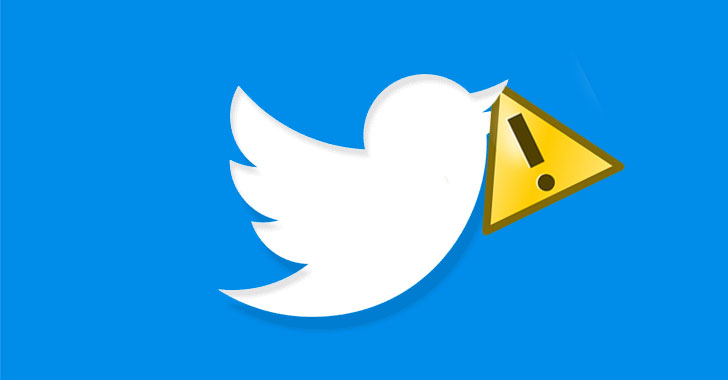Twitter on Tuesday announced an expansion to its private information policy to include private media, effectively prohibiting the sharing of photos and videos without express permission from the individuals depicted in them with an aim to curb doxxing and harassment.
"Beginning today, we will not allow the sharing of private media, such as images or videos of private individuals without their consent. Publishing people's private info is also prohibited under the policy, as is threatening or incentivizing others to do so," the company's Safety team said in a tweet.
To that end, the policy also discourages users from sharing information such as sign-in credentials that would enable malicious actors to gain access to a person's sensitive information without their authorization. It also forbids users from seeking financial compensation in exchange for posting (or not posting) another individual's private information as part of blackmail schemes.
As part of the revised policy, the social media platform will allow individuals to request takedowns of pictures or videos featuring them with a clearly abusive intent, and violators found sharing private information and media will be prompted to remove the offending content and have their accounts temporarily locked out. Users contravening the private information policy twice will risk permanent suspension of their accounts.
Twitter also clarified that multimedia content that shows public figures or individuals participating in large events like protests and sporting events would not violate this policy, adding it doesn't consider people's names and dates of birth; descriptions of physical appearance; accusations, and allegations; and screengrabs of posts and messages taken from other platforms as private unless they contain details such as a phone number.
It's also worth pointing out that the new rule doesn't extend to individuals when media and accompanying Tweet text are "shared in the public interest or add value to public discourse." But what exactly constitutes public interest remains in question, effectively giving the company ample room to exercise its own discretion.
"There are growing concerns about the misuse of media and information that is not available elsewhere online as a tool to harass, intimidate, and reveal the identities of individuals," Twitter said. "Sharing personal media, such as images or videos, can potentially violate a person's privacy, and may lead to emotional or physical harm. The misuse of private media can affect everyone, but can have a disproportionate effect on women, activists, dissidents, and members of minority communities."




























